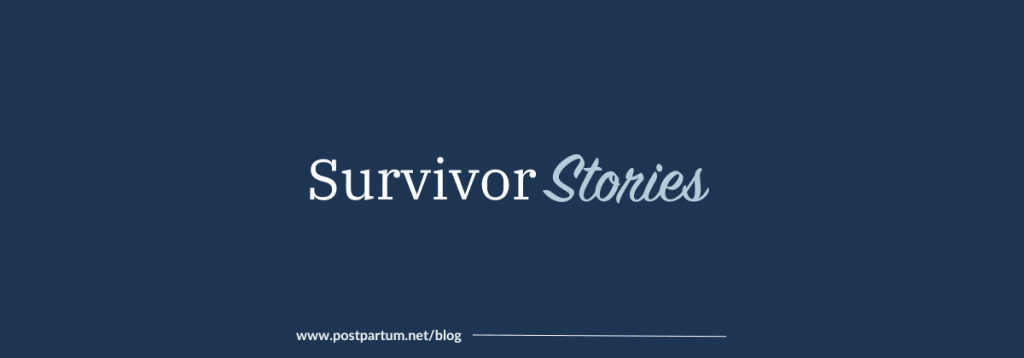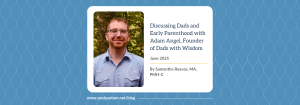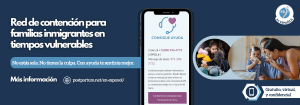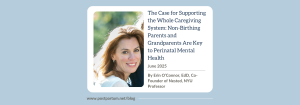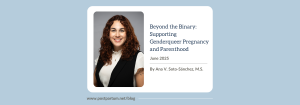Cadrae’s Story
At PSI, we understand that storytelling has the power to save lives, and we are honored to provide a space for survivors to share their stories. This article is part of a subsection of the PSI blog dedicated to survivor stories. Please note that this story has not been edited, and caution is advised as distressing themes related to perinatal mental health may be present. If there are specific trigger warnings for an article, they will be listed below. Links to resources can be found at the bottom of this page.
My path to motherhood didn’t unfold the way I expected. My son was a NICU baby, medically fragile and needing extra care. At four months postpartum, I started to feel… off. My mind felt foggy, my mood was low, and I no longer found joy in the things I once loved. Most of all, I struggled to feel like a mom — and I didn’t understand why.
It wasn’t until nearly 9 or 10 months postpartum that I was diagnosed with high-functioning postpartum depression (PPD). I hadn’t recognized the signs. I felt immense pressure to be the “right” kind of mom — the one who could do it all. But behind closed doors, I felt isolated, sad, and scared to share my struggles. Not all my support systems felt supportive, and I feared judgment and rejection from others.
One of the hardest parts was the disconnect I felt with my son. Bonding didn’t come easily, and I carried so much guilt for wondering if he’d be better off with someone else. It was a heavy, heartbreaking thought that haunted me.
Everything started to shift when I found a Postpartum Support International (PSI) support group. Sitting among others who truly understood what I was going through, I realized I wasn’t broken or alone. It was the start of my healing — and eventually, my transformation.
I now know that what I experienced was a perinatal mental health disorder (PMHD). It wasn’t a personal failure. I wasn’t a bad mom. I was a mother in need of love, support, compassion, and education — things I deserved all along.
My journey through PPD shaped who I am today: a postpartum doula, Momologist, educator, and advocate. I want other parents to know that they, too, are worthy of understanding and care — and that healing is possible.
Postpartum Support International was there to help.
PSI helped me feel like I wasn’t alone and they informed me that even though I was eight months postpartum, I wasn’t incorrect about how I felt. I started with the support groups and it changed my whole life in a wonderful direction.
Today, Cadrae works for PSI in the Peer Mentor Program and for several other prenatal mental health organizations.
After my own experience of having a baby during the COVID pandemic, navigating the NICU, and struggling with high-functioning PPD, I knew I never wanted anyone to feel the way I did. The isolation, the constant self-doubt, and the feeling that I wasn’t good enough as a parent — it was overwhelming. I didn’t want anyone to feel alone, unsupported, or to question their ability to be a good parent. I wanted people to feel empowered to speak up for themselves without the fear of judgment, and without feeling like they were failing.
The first time I opened up about my feelings, it wasn’t a positive experience. Instead of understanding and compassion, I was met with silence and dismissal. That’s when I realized just how important it was to create a space where people could share their stories — no matter how messy or complicated — without fear of rejection or judgment. I wanted to build a place of acceptance and support, a place where healing and growth could happen, and where parents didn’t have to feel like they were in it alone.
That’s why I am so passionate about creating a positive, supportive environment for others.
If you could offer advice to another parent who is in need, what would you say?
Speak out and speak up! Be an advocate for yourself if you’re feeling different after birth. PMHDs do not discriminate, and it is not your fault. You are not meant to suffer in silence, and you deserve to have a great and healthy postpartum experience.
Get Help
Learn More about Perinatal Mental Health Disorders
Free Online Peer Support Groups, including Perinatal Mood Support

